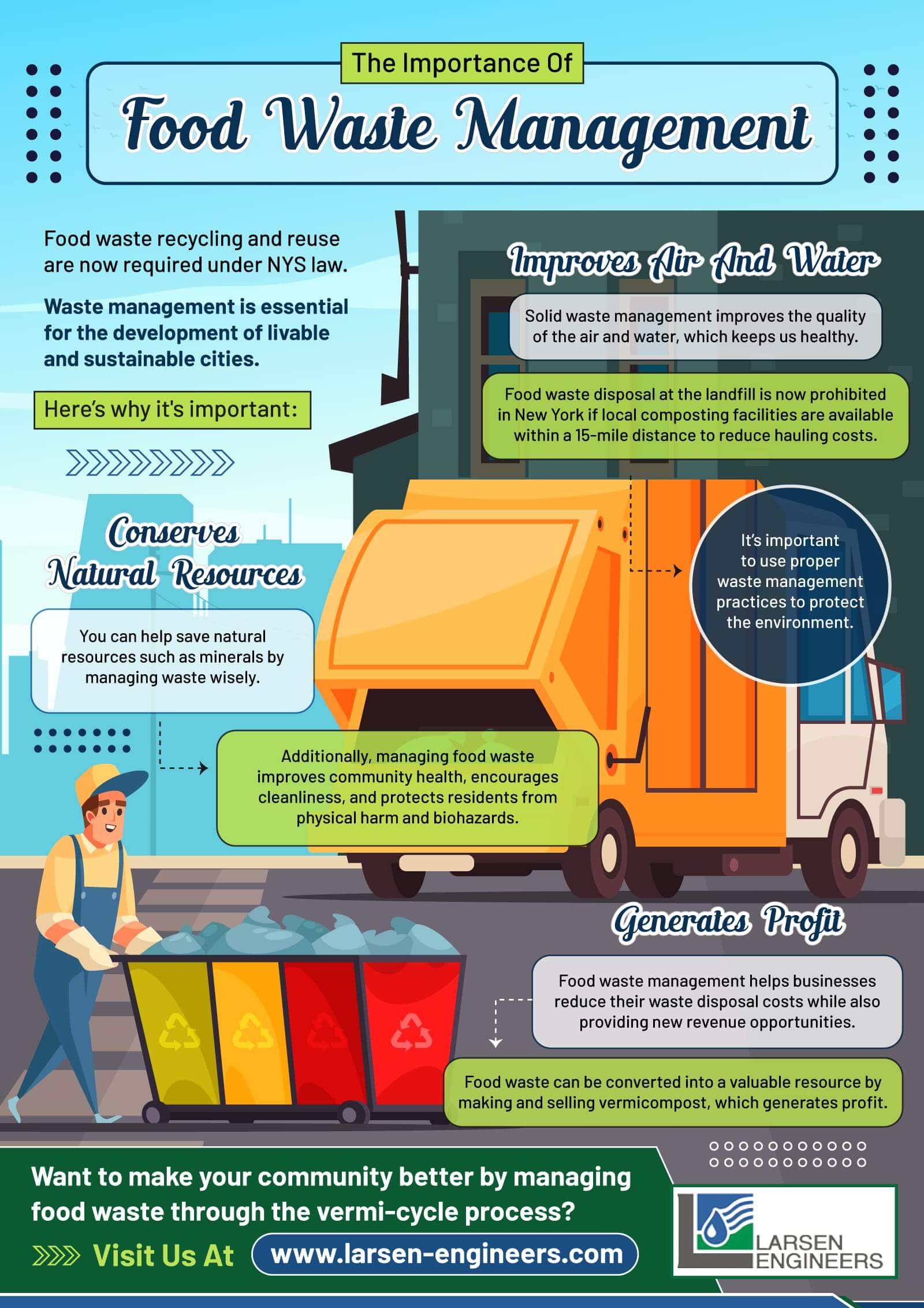Not known Details About Reclaim Waste
Table of ContentsFacts About Reclaim Waste UncoveredThe Best Guide To Reclaim WasteSome Ideas on Reclaim Waste You Need To KnowWhat Does Reclaim Waste Do?A Biased View of Reclaim Waste
Explore the types, incidents, and types of liquid waste. Domestic sewage waste describes the waste and products from a household septic tank. This sort of waste is developed by people in residences, institutions, and various other structures. This only consists of septic systems that have a drain area. The correct administration and disposal of domestic sewage waste call for fluid waste to be moved to a sewage treatment plant where the correct approaches and devices are put on detoxify and throw away waste.
Commercial waste typically includes prospective threats, such as flammable materials or a combination of fluid and strong waste products, and needs a much more advanced and comprehensive disposal process. The disposal of industrial waste commonly includes the filtering of waste prior to transport to ensure secure and correct disposal. Hazardous waste is created from results and drainage of commercial procedures and production.
This kind of waste can not utilize the very same sewage monitoring transport or processes as septic or commercial fluids. The hazardous waste administration process requires the evaluation and screening of fluid waste prior to it undertakes the disposal process (liquid waste removal). Runoff waste is the liquid waste that originates from runoff and excess stormwater in extremely inhabited locations or cities
Runoff waste can cause contamination and flooding if not handled effectively. Making certain appropriate waste management can avoid disasters and lower ecological injury.
Reclaim Waste Things To Know Before You Get This
Get in touch with PROS Services today to find out about our waste management and disposal services and the proper ways to care for the fluid waste you produce.
(https://www.awwwards.com/reclaimwaste1/)Do you recognize what happens to your water when you disengage, flush the toilet or drain pipes the washing machine? No? Well, it's worth understanding. This so-called 'wastewater' is not just a vital source but, after therapy, will be released to our land, waterways or the sea. Used water from commodes, showers, baths, cooking area sinks, laundries and commercial procedures is called wastewater.

water used to cool down machinery or clean plant and devices). Stormwater, a type of wastewater, is runoff that flows from agricultural and metropolitan locations such as roofings, parks, yards, roadways, courses and seamless gutters right into stormwater drains pipes, after rain. Stormwater streams untreated directly to regional creeks or rivers, ultimately reaching the sea.
How Reclaim Waste can Save You Time, Stress, and Money.
In Queensland, the majority of wastewater is treated at sewer therapy plants. Wastewater is transferred from domestic or industrial sites with a system of drains and pump terminals, recognized as sewage reticulation, to a sewage treatment plant.
The Division of Natural Resources advises local governments about managing, operating and preserving sewerage systems and therapy plants. In unsewered areas, city governments might need homeowners to install specific or house sewage treatment systems to treat domestic wastewater from bathrooms, cooking areas, shower rooms and washings. The Department of Natural Resources authorizes using house systems when they are verified to be reliable.
The majority of stormwater receives no therapy. In some brand-new subdivisions, treatment of some stormwater to eliminate litter, sand and crushed rock has started making use of gross contaminant catches. Wastewater therapy happens in 4 stages: Removes strong matter. Larger solids, such as plastics and other things mistakenly discharged to drains, are gotten rid of when wastewater is passed with displays.
Utilizes tiny living organisms recognizes as micro-organisms to damage down and eliminate staying dissolved wastes and great bits. Micro-organisms and wastes are incorporated in the sludge.
The Ultimate Guide To Reclaim Waste
Nutrient elimination is not available whatsoever sewer therapy plants because it calls for expensive specialist devices. It is ending up being much more typical in Queensland. Clear liquid effluent generated after treatment might still contain disease-causing micro-organisms. If this effluent is released right into rivers such as rivers or the sea, the micro-organisms will at some point pass away out.

This usually implies wastewater needs to be treated or pollutants removed before it can be released to rivers. A lot of wastewater moves into the sewage system. Under the Act, neighborhood federal governments provide approvals and licences for ecologically relevant tasks (ERAs) involving wastewater releases that might have a neighborhood impact. The department carries out approvals and permits to Periods involving wastewater launches that may have a local or statewide effect.
Some Known Details About Reclaim Waste
Or else, samples are considered laboratory evaluation. Frequently numerous tests are required to establish the degrees of each of the different toxins such as oils, heavy steels and pesticides in water. Tracking supplies accurate details regarding water top quality and can validate that licence problems are being fulfilled. The info obtained through tracking gives the basis for making water quality decisions.